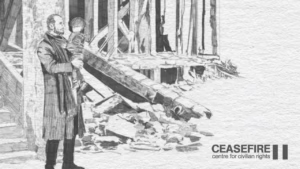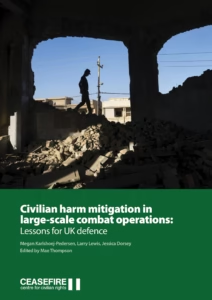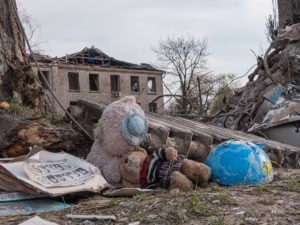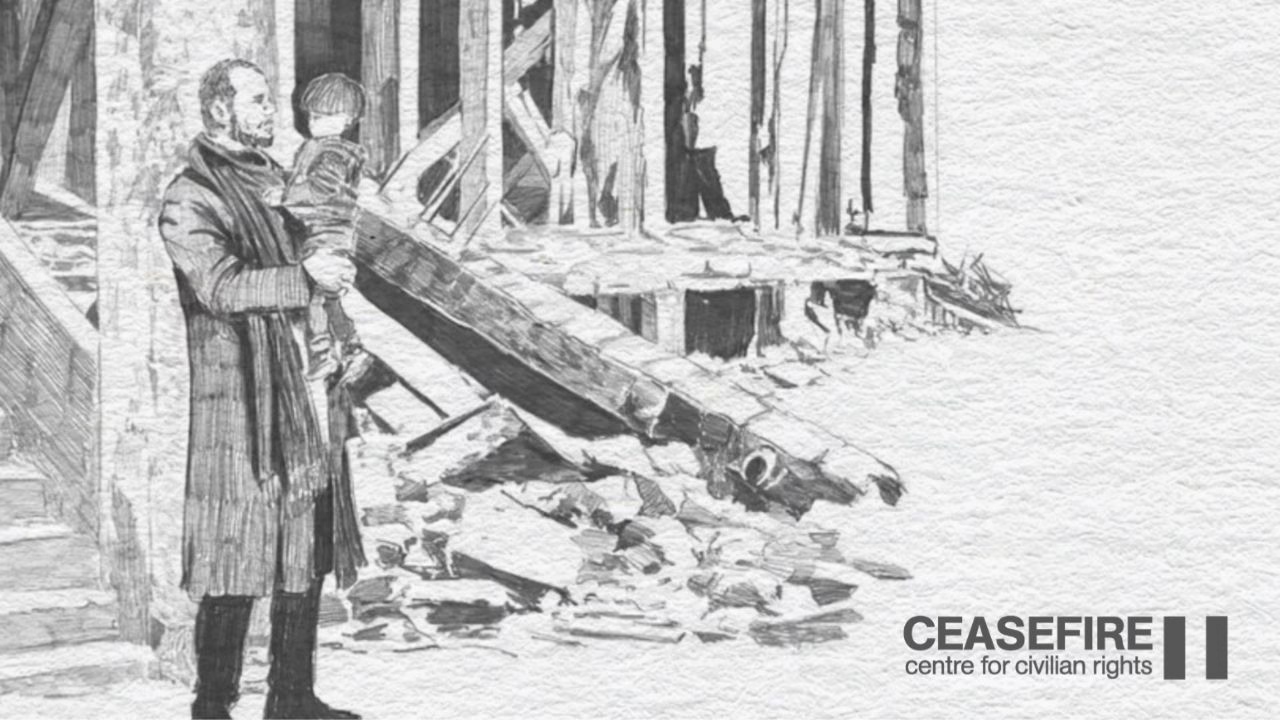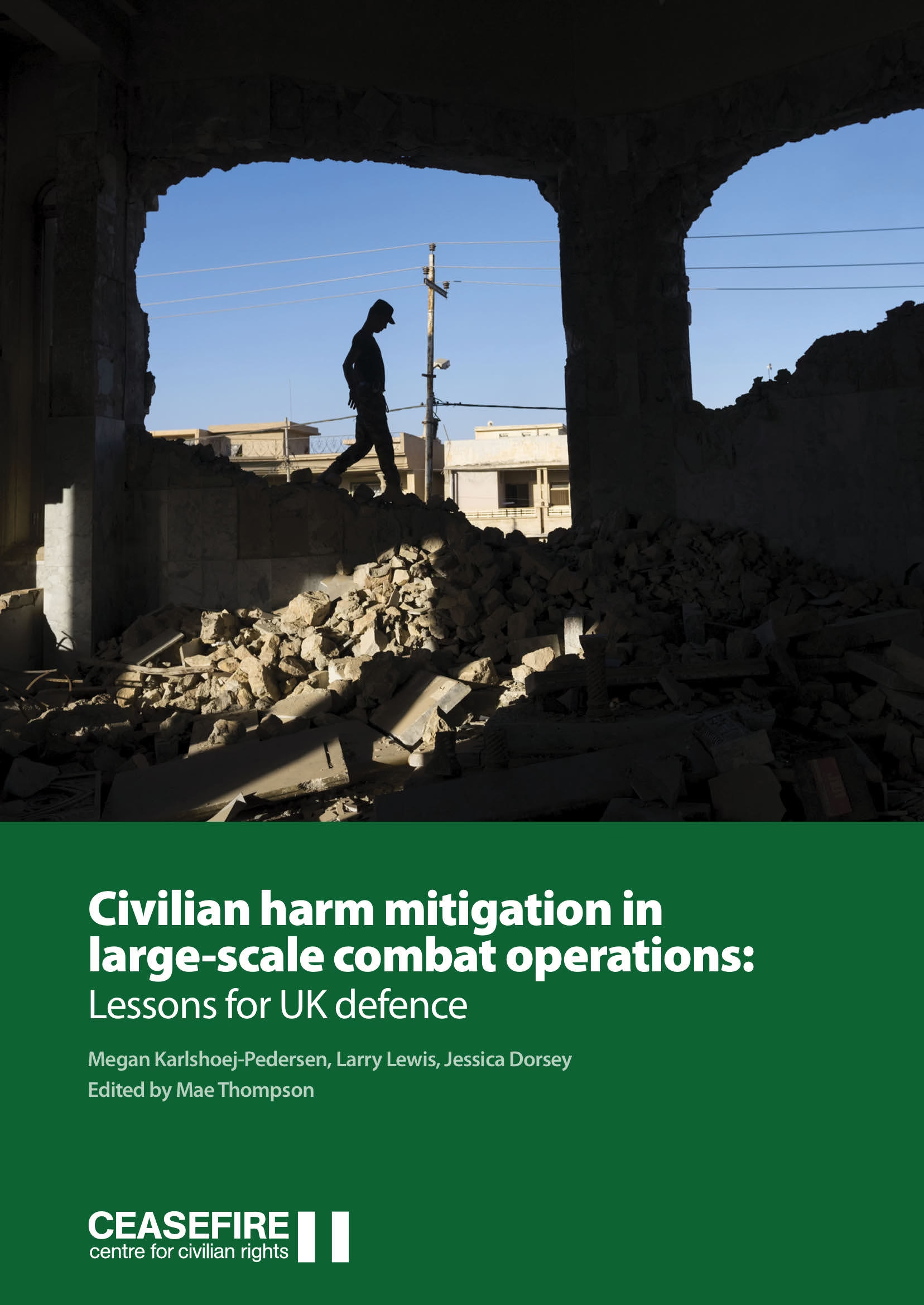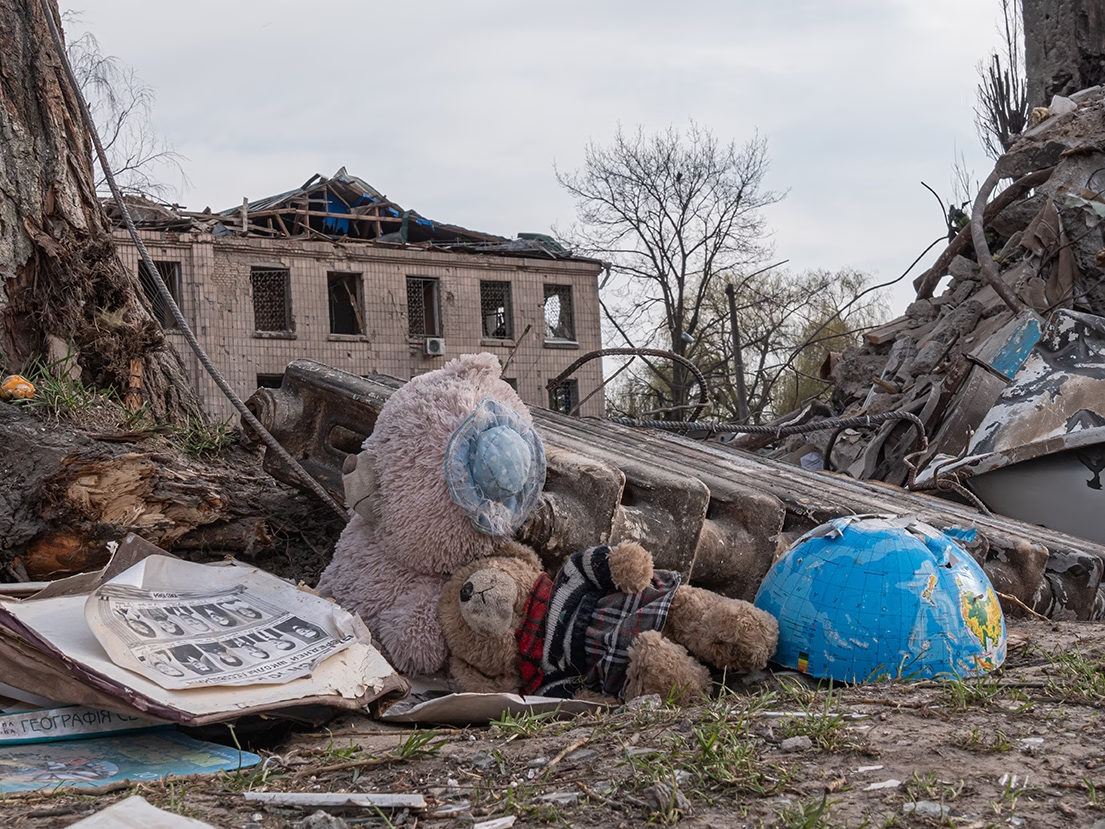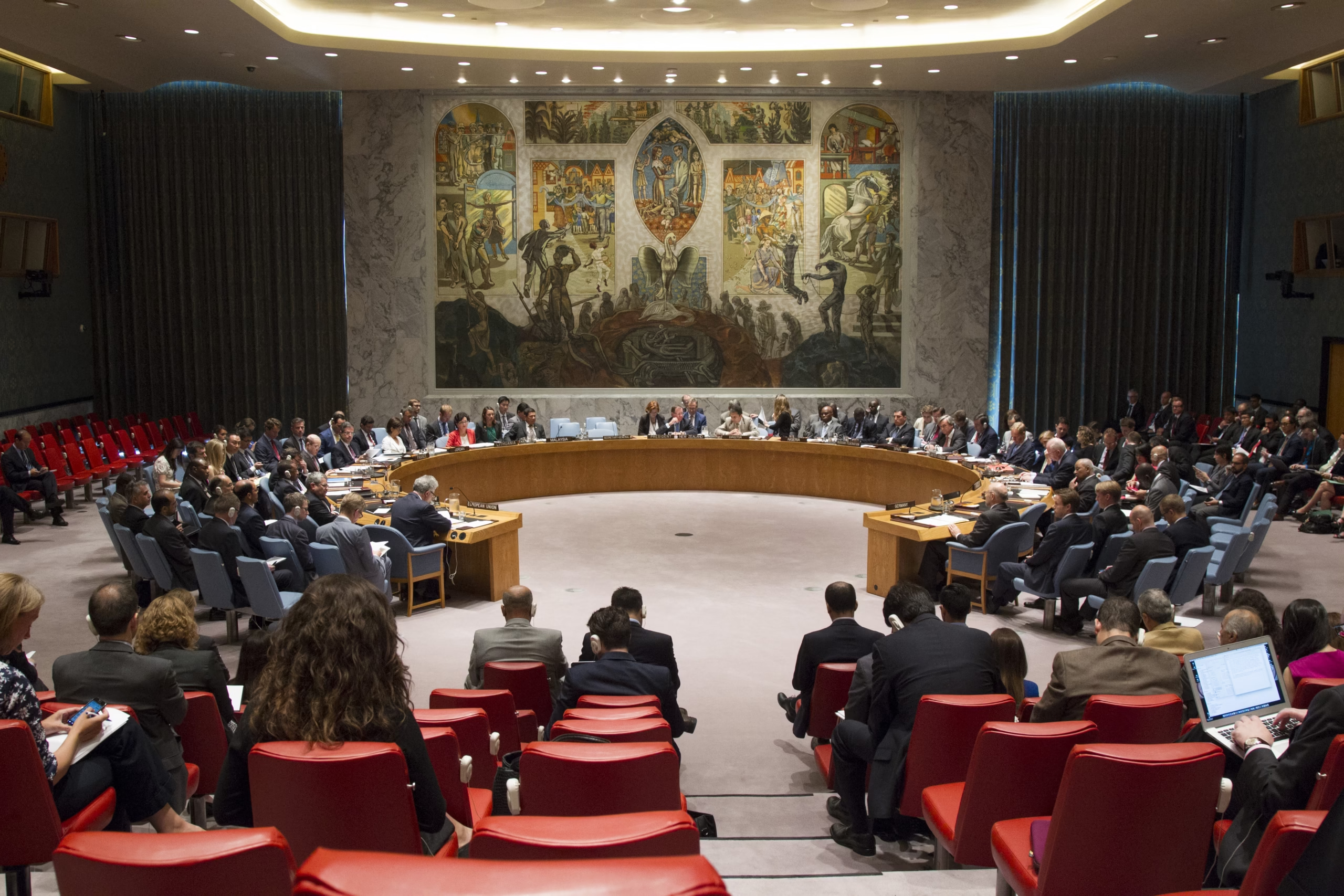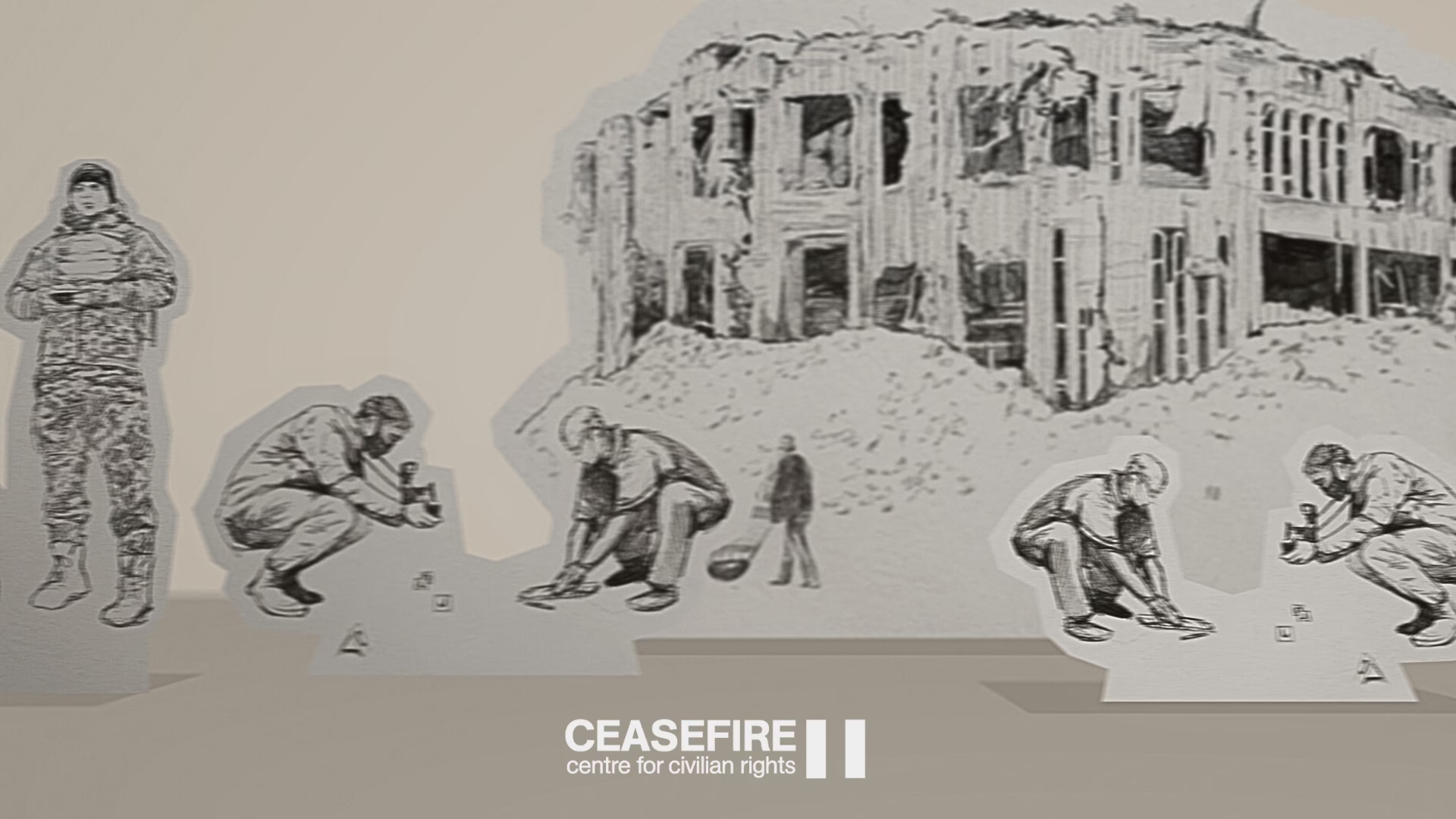Official figures reveal only one prosecution of UK armed forces personnel for war crimes overseas since 2001
December 2020
Official figures released by the Ministry of Defence to Ceasefire Centre for Civilian Rights reveal that since 2001 there has only been one prosecution of UK armed forces personnel for war crimes overseas.
Despite lengthy engagements in Afghanistan and Iraq, and evidence of serious abuses by UK service personnel against local civilians, data supplied to Ceasefire under the Freedom of Information Act show that only one war crimes prosecution has been conducted, in over nearly two decades, under the International Criminal Court Act 2001, which brought within UK law those offences of genocide, war crimes and crimes against humanity within the jurisdiction of the ICC. No prosecutions against UK personnel were brought under either the Geneva Conventions Act 1957, which first criminalized war crimes in UK law, or under Section 134 of the Criminal Justice Act 1988, which criminalizes torture.
‘These figures contradict the argument by defence ministers that the Overseas Operations Bill, currently going through Parliament, is required to put an end to “vexatious prosecutions” for war crimes,’ said Rose Burke, Policy Officer at Ceasefire Centre for Civilian Rights. ‘In reality, there have been none. There should no longer be any doubt that war crimes and torture, along with sexual crimes, should now be exempted from the Bill’s “triple lock” on prosecutions after five years.’
The sole war crimes prosecution relates to the killing of Mr Baha Mousa, an Iraqi civilian from Basra, which later formed the subject of a judicial inquiry. Three members of the Queen’s Lancashire Regiment were charged, and one convicted in 2007, of inhumane treatment as a war crime under the International Criminal Court Act 2001. An autopsy on Mr Mousa’s body recorded 93 separate injuries.
The MoD figures show that, in addition to the one war crimes prosecution, five prosecutions were conducted for other offences allegedly committed against members of the local population in Iraq (this includes one in relation to the Baha Mousa case) and nine for other offences against the local population in Afghanistan.
In relation to military operations in Iraq:
- Five prosecutions in total were conducted, in which a total of 25 defendants were charged, and six convicted at court martial. This includes the sole war crimes prosecution.
- In total seven members of the Queen’s Lancashire Regiment were tried for the killing of Mr Mousa, the most senior being a colonel. Three were charged with the war crime of inhumane treatment, and five were charged with other offences. All were acquitted except Cpl Donald Payne who was convicted of inhumane treatment but acquitted of manslaughter.
- It is understood that the convictions listed under ‘other offences committed against the local population’ include those of three members of the Royal Regiment of Fusiliers who were given custodial sentences of up to two years in 2005 after photographs emerged of them abusing Iraqi civilians at Camp Bread Basket, in Basra in 2003.
In relation to military operations in Afghanistan:
- Nine prosecutions in total were conducted, with a total of 16 defendants
- Of those 16, none faced prosecution for war crimes or crimes under the International Criminal Court Act 2001, but were prosecuted for ‘other offences against the local population’. Nine convictions were secured at court martial.
- The killing of a wounded Taliban fighter, who was hors de combat, in Helmand province in September 2011 led to the prosecution of three members of the Royal Marines, of whom two were acquitted. Sgt Alexander Blackman was convicted at court martial of murder in 2013, reduced on appeal to manslaughter on grounds of diminished responsibility. Despite being recorded at the time of the killing as saying ‘I just broke the Geneva Convention’, he was never charged with a war crime.
It emerged in June that the Service Prosecuting Authority had closed all but one of the remaining legacy investigations from Iraq and that any further prosecutions were now unlikely.
The sole prosecution and conviction for a war crime committed in UK overseas military operations demonstrates that the Overseas Operations Bill, which includes a ‘presumption against prosecution’ after five years for alleged war crimes committed by British troops abroad, is fundamentally misguided.
Although there have been few prosecutions, the MoD has approved payments totalling £20 million to settle over 300 cases of alleged violations committed by UK service personnel in Iraq alone, including in relation to conduct which falls within the definition of war crimes. The Overseas Operations Bill introduces an absolute long-stop of six years on claims against the MoD from either service personnel or civilians who have suffered harm.
‘With the release of these figures, the real purpose of the Overseas Operations Bill has now become obvious. It is not to protect UK armed forces from prosecution, but to shield the government from liability,’ said Mark Lattimer, Ceasefire’s Director. ‘It should be renamed the MoD protection bill.’
The new data form a more comprehensive account than the one given to the Parliamentary Joint Committee on Human Rights on 5 October by Damian Parmenter, Director of Defence and Security Industrial Strategy at the MoD, and follow a review of the historic prosecutions before the establishment of the Service Prosecuting Authority in 2009. Ceasefire wrote last week to the Prosecutor at the International Criminal Court to provide her with the latest figures.
This information comes as the Prosecutor at the International Criminal Court has announced the closure of her preliminary examination of the UK’s record in Iraq. The Prosecutor found that there was a reasonable basis to believe that UK servicemen committed war crimes including wilful killing/murder, torture and inhuman/cruel treatment, but declined to pursue a full investigation because it was not shown that the UK had acted to shield perpetrators from justice.
Notes for editors:
- The updated MoD response to Ceasefire’s FOI request is available here.
- Ceasefire’s briefing on the Overseas Operations Bill is available here. Ceasefire argues that the bill will not only limit accountability for abuses by UK armed forces but will also remove avenues for redress for civilian victims, violating the UK’s legal obligations under international humanitarian law and human rights law.

